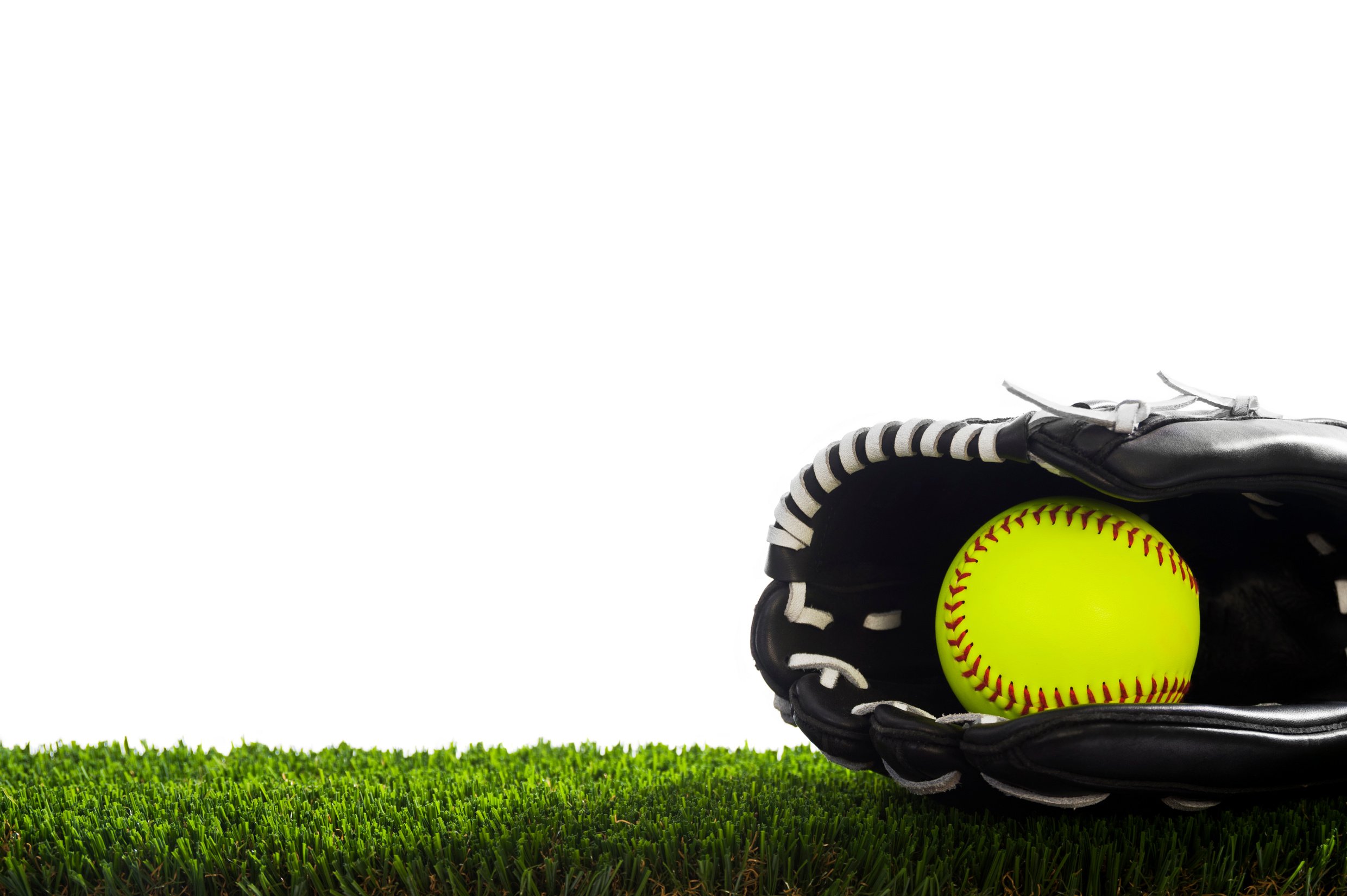


“From this point, your strategy is to make everyone else get on your level; you’re not going down to theirs. You’re not competing with anyone else, ever again. They’re going to have to compete with you.
From now on, the end result is all that matters.”
― Tim S. Grover
Expect Better...
SAD TRUTH
- Multi-year players unable to execute the basics with any degree of skill
- Teams failing to perform routine plays.
- Dated instruction methods/mechanics
- The ego driven know it all/seen it all attitude in coaching is widespread
"This is how we have always done it", is not always good enough. Coaches failing to educate themselves on what the best do and moving past their training bias, could be holding you back.
This is problematic for you and the sport.
Social media is a minefield of eyewash softball drills pumped out daily by those who need viewers in order to sell whatever they are promoting. These drills end up in your practices without any thought to their usefulness for development.
New team? You may not get a chance to ever reach your potential because you are coached out of what you have spent hours of practice time on. This could also be a good thing depending on your level of prior instruction.
Do not rely on your coach to make you better.
Not all are suitable past a certain development level.
It's time. You need to own your own development. It's that simple.
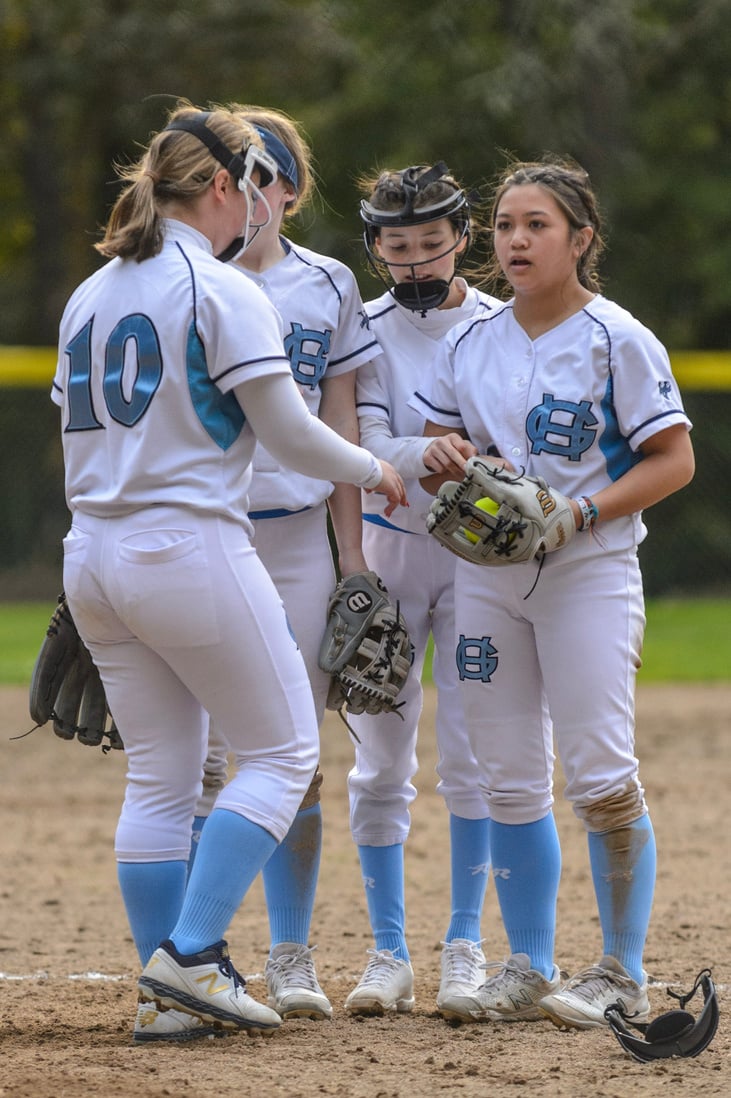
Forget the old school
Making Plays
Charge the ball'
'Get in the front of the ball'
– two coaching cues that might be holding back your infield game.
There is a time to charge, time to get in front, but not every ball requires either of those and you need to know the difference.
Always thinking 'charge' can put your first step in the wrong direction, affect your ability to read hops and the ability to turn in-between hops into short/long hops.
Result? Runner is safe.
Always thinking 'get in front' can position you poorly, impact your ability to field the ball, or make a play, especially when backhands/forehands are the better options.
Result? Runner is safe.
Learn to create time and space, move laterally, and take angles.
Learn to read the ball off of the bat.
Perfect your backhand/forehand skill set and dominate your position.
Where to start?
Pitching Essentials?
Start with Location🎯
A blazing 68 MPH pitch or an impressive 24+ RPS breaking pitch won't do you much good if they're consistently thrown for balls.
As the legendary Lisa Fernandez said, "Movement down the middle can get tanked."
Here's the breakdown:
• Location: Your foundational skill.
• Movement: Refine your pitch selection.
• Change of Speed: Keep the batter guessing.
• Velocity: Ramp up the speed!
Remember, as you work to improve skills 2-4, it's common for location accuracy to be off. Always circle back near the end of your practice session and make location your focus.
Practice matters!
ARE YOU READY TO PLAY?
There is a time for block practice.
There is a time for part practice.
There is a time to take things slow.
Those help build the skill sets you need to play effectively.
During the in-season, practices should prioritize quality over quantity. The emphasis should be on high-quality practices that closely resemble game-like situations. Speed. Conditions. This helps you adapt and perform at your best during actual competitions.
You can't control how team practices are being implemented.
You can't control the level of instruction.
You can't control the dedication of your teammates.
You CAN control how you perform during them.
Put your game face on in practice. Block the distractions. Get to work to be a better you.
For the experience...
MICHIGAN SOFTBALL CAMP
What goes on in a 2-day softball camp at University of Michigan?
Great energy.
Engaged coaches.
Fast pace practices.
Competitive participants.
Camps are also a great way to reignite the passion if you ever struggle with staying motivated and driven to be the best you can be.
Are you ready...
READY TO COMPETE?
To be ready to compete, it takes more than just practicing skills.
You must practice competing in order to develop the mental toughness and resilience needed to perform at your best come game time.
Competing is a constant process.
Compete with every rep.
Against your teammates.
Against yourself.
➡️ Scrimmage? Don't go easy. Throw her out, strike her out, steal that base, light her up on her best pitch, make that highlight reel outfield play.
➡️ Drills? Don't quit on a rep. Run the bases like a world class sprinter. Throw a strong bullpen. Crush the ball.
This builds habits and skills that carry over into games where your opponent is looking to wipe you off the diamond. By embracing competition at all times, you'll be ready to perform at your best.
If your team culture does not embrace "competing", it doesn't mean you can't.
Silence the VOD
VOICE OF DOUBT
Fact: Voice of doubt will hold you back from reaching your potential.
Your mind is the engine. It can make or break your game.
What are doing to replace VOD with VOC - Voice of Confidence?
Before the pitch. After the pitch.
VOC will make you a better player.
Find your trigger phrase.
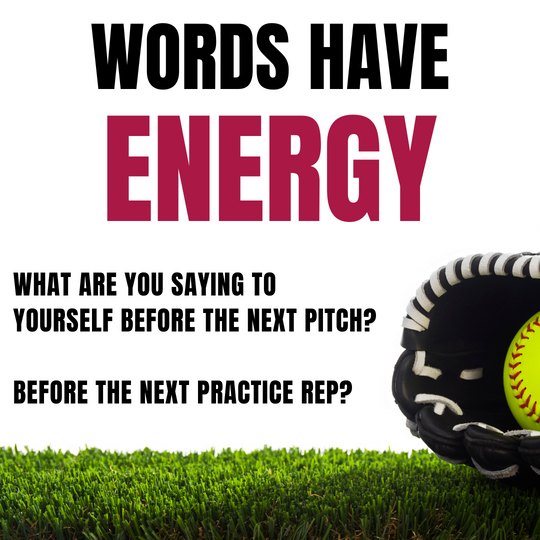

Seek...
INFIELD EXCELLENCE
As the game speeds up, sloppy and inefficient fielding technique is exposed and exploited.
You don't want what is usually instructed for the routine fielding posture:
- "Get your butt low"
- "Chest up!"
- "Back of glove on ground"
If that is coached, do the opposite.
✔️ Butt higher than knees (butt up)
✔️ Chest down
✔️ Back flat
✔️ Relaxed wrist
✔️ Face of glove open to ball
Try it. Feel it. Implement footwork to your target.
Then you will know why the best field this way.
Do this now...
OWN YOUR OWN DEVELOPMENT
International performance of Canadian athletes has been declining in some sports.
Trouble identifying and developing next generation of international athletes.
Identified issues:
- Bad habits because of over-emphasis on winning
- Skill development is poor
- Don't reach optimal performance level
Mid-teens (15+): Physical preparation must be optimized by now.
Late teens: Training to win at the highest level of sport.
Only the very best and most dedicated reach this stage.
Those who succeed in this stage almost always work with highly trained and qualified coaches. (Above Source: LTAD - CAC)
Does your level of skill development match your goals?
Are you instructed in fundamental skill execution routinely seen in the best in the world?
Are you robbed of your athleticism to fit the teachings of your coach?
Which is wrong?
45? 90? 0?
There is no absolute angle for your stride foot to land at.
Stride foot orientation is pitcher specific, sometimes pitch specific, and should not be considered an absolute degree.
Don't let yourself be forced to hit a specific angle. Find your own. Let your body find one that safely resists at landing while enabling you to be stable.
How much your torso opens/closes at release is impacted by not only your stride foot angle, but also drive foot angle and your strength.
Being forced to change your stride foot angle without regard to drive foot/core strength, is trouble waiting to happen.
Let your body find its way (organize itself) and make adjustments if needed.
Stride & drive orientation are two pieces of the same puzzle.
Don't adjust either in isolation.
And don't adjust simply because you are told to.
Doing this? Stop.
STOP THIS DRILL
You DO want to stay inside the ball if possible. You DON'T want to cast your bat or have a long loopy swing. But the "Knob To The Ball" drill with the added push, is not it,
This drill promotes flaws that will need to be addressed:
- Hands beating the turn of the body forces turn of the barrel out of the zone and inability to stay through the ball
- Weak swing
- Inability to adjust to different pitches
The "Inside Seam" setup shown in this video:
- Allows proper sequencing
- Forces a path that has power
- Allow adjustability
Do not do any drill that promotes inefficiencies.
If "thinking" knob to the ball gives you efficient direction, then of course continue.
It is clear that the best don't PUSH the knob to the ball as this drills promotes.
You don't need an outdated and flawed drill to improve your swing.
DO NOT train what you don't want. Doing this drill? Ask why.
Blindly trusting hashtag phrases like "Trust The Process" can hinder your growth.
How do you know the "process" they want you to trust is any good? The process, if one exists, does
not fit everyone by default.
You know yourself. You need your own process.
Don't let it be derailed.
YOUR GOALS MATTER
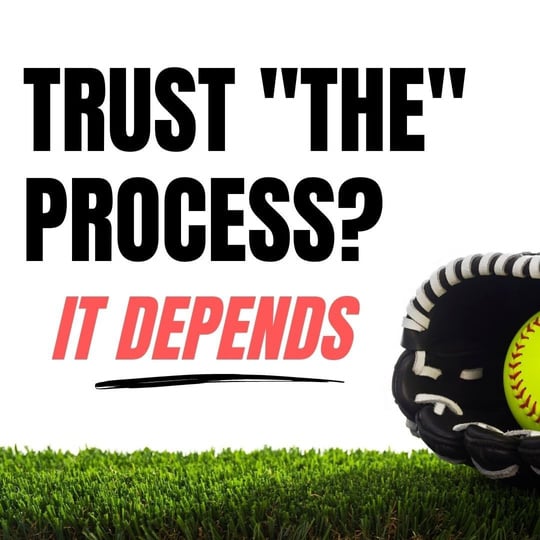
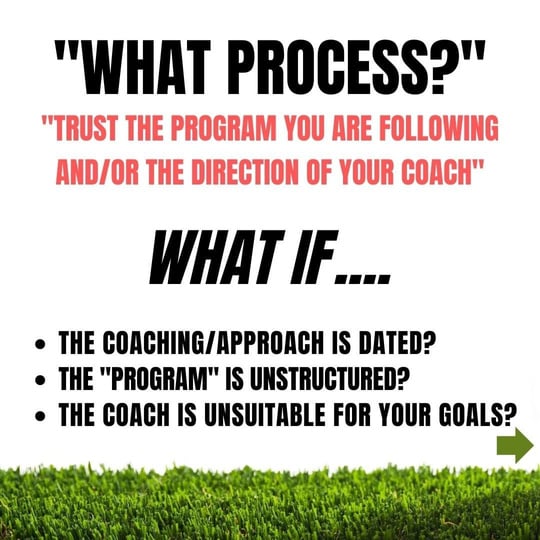
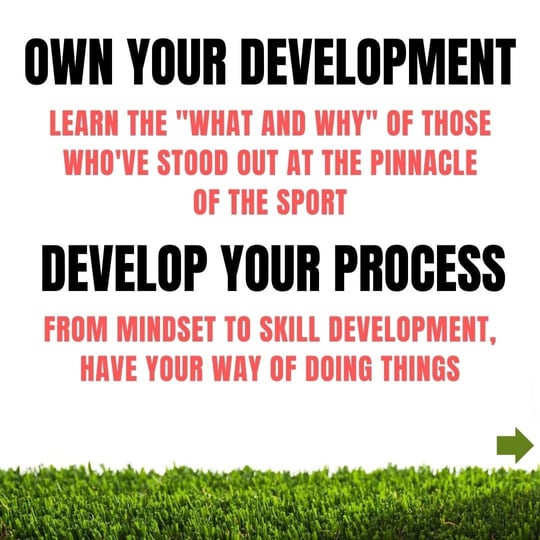
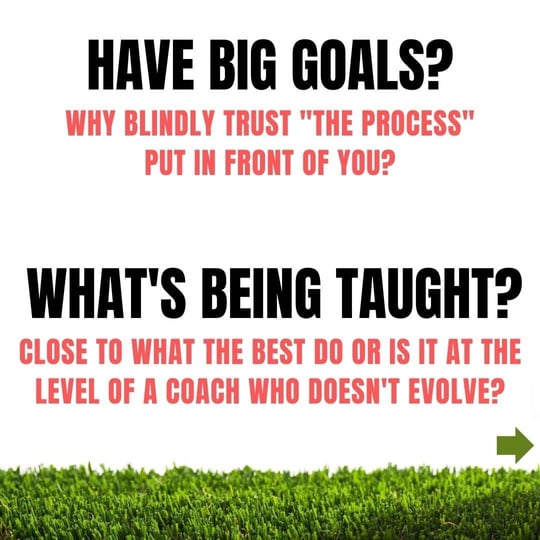
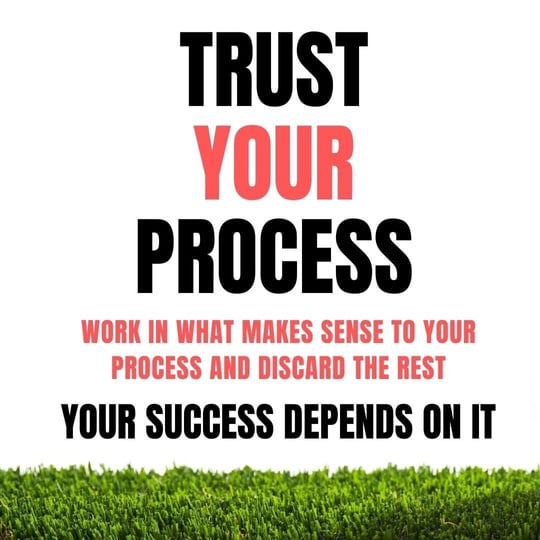
Is yours excessive?
DRIVE FOOT
Excessive foot angle is one that diminishes drive power and changes the directional force from forward, to sideways. Position of your drive foot is a no-teach unless it forms an excessive angle.
Your drive foot angle affects your stride angle. Virtually every pitcher will have a degree of turn in their drive foot. There is no cookie-cutter degree. A turn helps to activate the strong muscles in the leg.
While an immediate push is desirable at all times, it is especially so for those that "sit" into the pitch and rotate the drive foot too far before any linear movement.
The drive is the first part of the pitch sequence. Addressing this part of the pitch will have an impact on the next sequence.
THE "FIX"?
- Ballistic push movements that force you to push once the drive foot is weighted.
- Stop standing sideways during warmups
- Pitch into a net when working on mechanical aspects to avoid focusing on "hitting your spots"
There is more to it but an aggressive and explosive drive (and the posture/stability to absorb it) is a great start.
Trust, but verify...
DON'T BE FOOLED
Athletes of today have instant access to some of the best that have ever played because of social media. That is not always a good thing.
A lot of coaching "knowledge" and drills are simply regurgitated from something the coach watched, read, or was told. Definitely not a good thing.
You must approach what you are told with a curious mind. A critical eye.
Does a superb athlete really do what they teach? Not always.
We have access to technology, stats, and data that didn't exist just 5-10 years ago. We can see what the best do. We can quantify it. We know the "why and how" behind the movements.
"Hello Elbow" is still a big teach.
Many point to Jennie Finch, who usually finishes with her elbow forward, as proof it is a how to pitch. But it's not how she pitches. It's a finish. A means to decelerate the forward movement of her lower arm/hand.
Still doing this? Ask why.
Demand respect...
IT'S NOT JUST ABOUT SKILLS
Imagine If...
All coaches put the same effort into being as demanding (demeaning??) on themselves as they are on you.
There are inspiring, supportive, knowledgeable, respectful, and patient coaches. Then, there are the others.
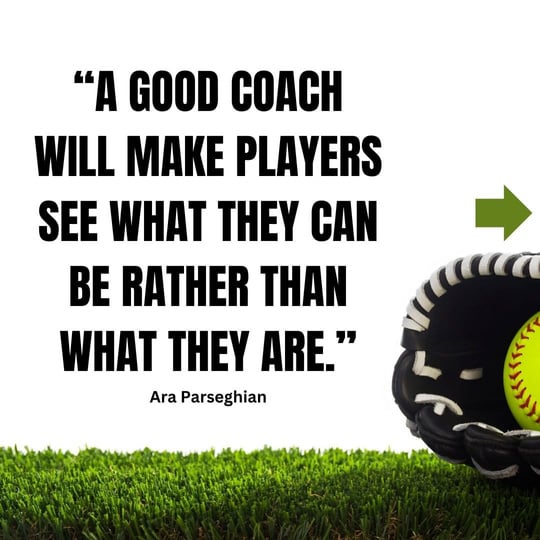
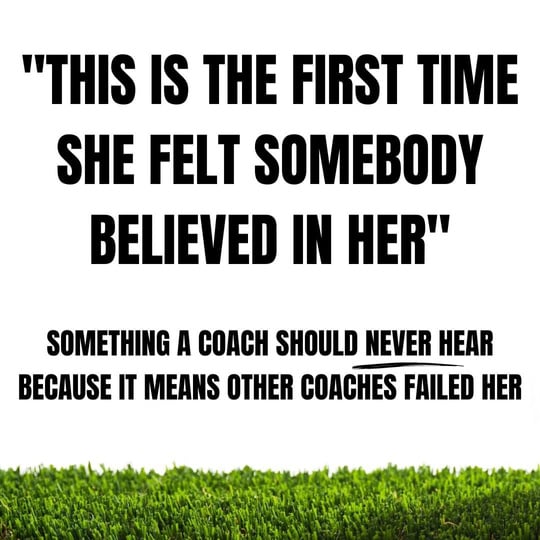
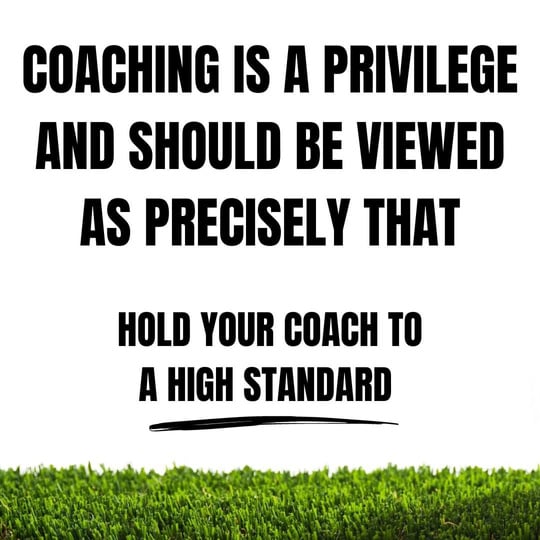
Throw hard, throw safe...
Develop A Cannon For An Arm!
Throwing ability is a skill that you must develop. The ability to throw safely, from various angles, and with velocity, is a skill that is rarely taught.
Grabbing a ball for a "throwing warmup" doesn't cut it. It teaches nothing.
When throwing IS taught, most coaches use outdated & static methods such as wrist snaps and "L" drills that pattern the opposite of what a good throw requires.
This is made worse when weighted balls are used during the drilling of inefficient patterns.
From arm shape (infield/outfield a little different) to creating resistance and stabilization by working THROUGH positions (full body movements), this is how to develop a cannon.
This video contains elite throwing patterns except for the L drill/flicks section. Notice that in baseball and softball, the pattern is the same.
If this is not what you are being taught...what the best do...ask why.
Front toss is too important...
GET A BETTER TOSSER
Front toss is an important piece of the hitting puzzle that helps you:
- Build your foundation for an effective swing
- Develop your own approach through exploration
- Learn how to attack different locations
- Build an approach for stepping into the box
Expect the person behind the screen to take pride in their ability to toss. If not, find someone else.
- Poor skill by the tosser does you more harm than good
- Rapid fire to "get the reps in" is a waste of your time and builds bad habits
- Too high. Too low. Too in. Too out. Do not swing at junk
- Hitting batters
If your coach or whomever they designate as a tosser lacks this basic skill, ask why they have not improved as they would expect you to.
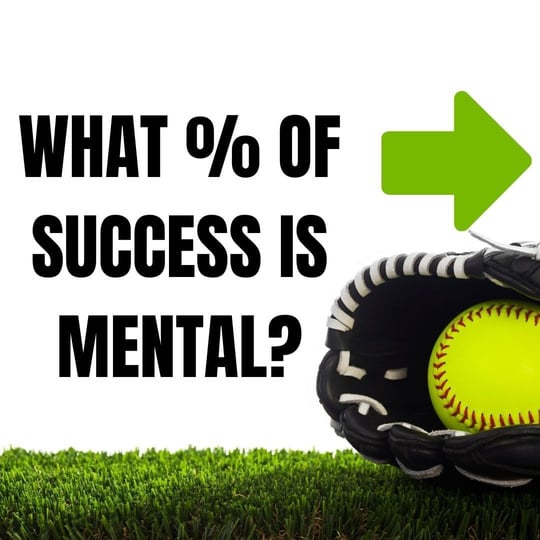

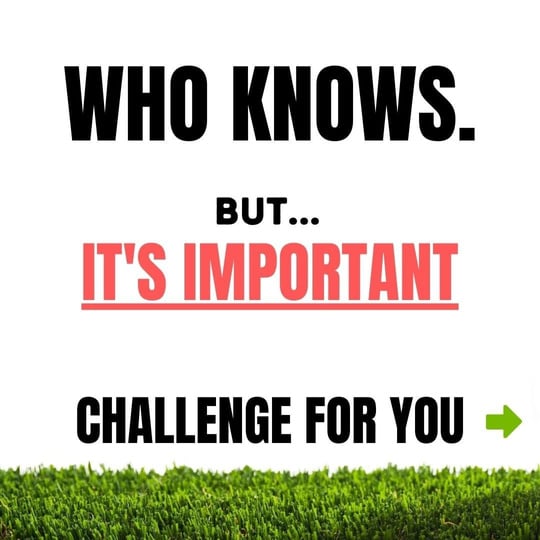
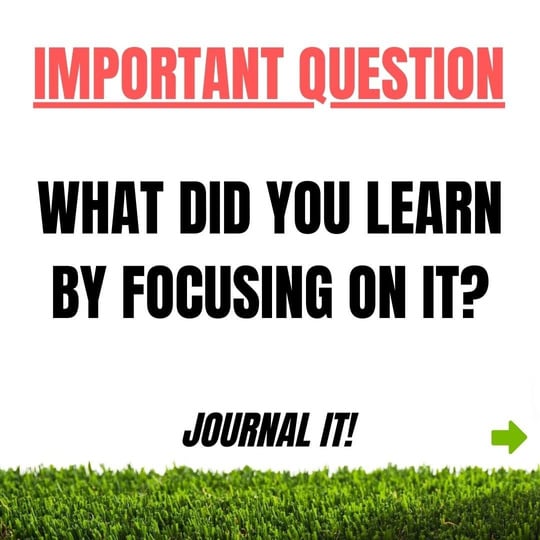
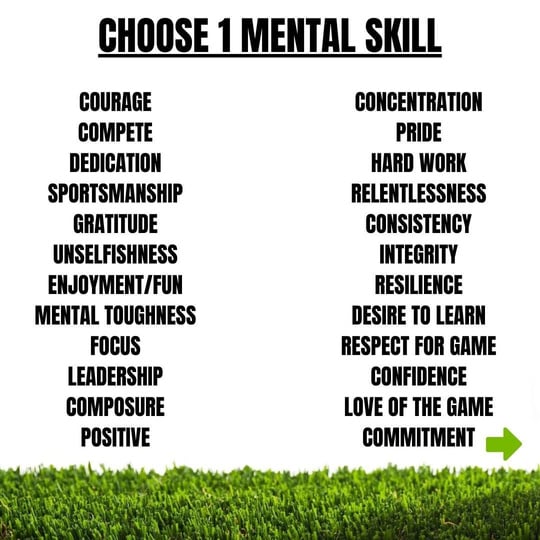

Say no to this...
"SQUISH THE BUG"
One big teach at all age levels has been spinning the back foot or "squish the bug".
It's a flaw and not something you see at higher levels of ball. It promotes an out of sequence swing and a lack of efficient energy flow.
- Have the back heel anchored to the ground as long as possible.
- The movement starts from the pelvis.
- Think of back heel being "peeled" off the ground by the move of the pelvis.
- The foot "gets" turned.
This allows not only rotation but also a linear component of hip extension.
If the back foot turns first, all the pelvis can do is spin and that gives a swing path across the body. This is a killer on outside pitches and for the majority of players, not all, lacks power.
Videos age 14 to D1 and pro-players.
Video doesn't lie. Assessments of the biomechanics of the best hitters, don't lie.
If your coach pushes this, ask why.
Use the right tool for the job...
STOP WASTING TIME
Make the most of your training time.
Agility Ladders/Speed Ladders. They don't measure up to their name.
Agility is an athlete’s ability to change direction at a rapid pace.
Speed = stride length times, frequency, power.
Ladder drills are rehearsed, choreographed and practiced as a skill, similar to dancing.
Not useless...just not overly useful for agility/speed training with an expectation to transfer into real world application. There are much better choices.
HOW TO WIN?
One play at a time.
That's where your focus should be.
It's not butt down chest up...
FIELDING POSTURE
Are you this smooth?
Great infielders do a lot of the same things....
- Glove position
- Footwork/rhythm
- Throwing arm pattern
- Staying low on infield throws
Most of all, they aren't dropping their butt and raising their chest to field a ball. Far too many online team training videos are showing postures that prevent movement that has rhythm, is fluid, is athletic, or sets the fielder up for quick release.
If your posture is not close to those in the video, ask why.
Everyone does this...
TEAM PRACTICE
Just going to team practice?
Every player goes to team practice.
You're doing the minimum and it will get you nowhere.
Listen in to my friend, former professional softball player and current Chicago Cubs minor league hitting coach Rachel Folden on the importance of "on your own" practice if your goal is to play at the highest levels of ball.
Rachel was kind enough to share her time with some of my former players a while ago for virtual hitting instruction. This is an excerpt about hitting but her words of wisdom apply to all areas of the game.
VIDEO CLIPS DISCLAIMER
Copyright Disclaimer under section 107 of the Copyright Act 1976, allowance is made for “fair use” for purposes such as criticism, comment, news reporting, teaching, scholarship, education and research.
Fair use is a use permitted by copyright statute that might otherwise be infringing.
Non-profit, educational or personal use tips the balance in favor of fair use.
If you've posted publicly, your uploads may be used without recourse.
